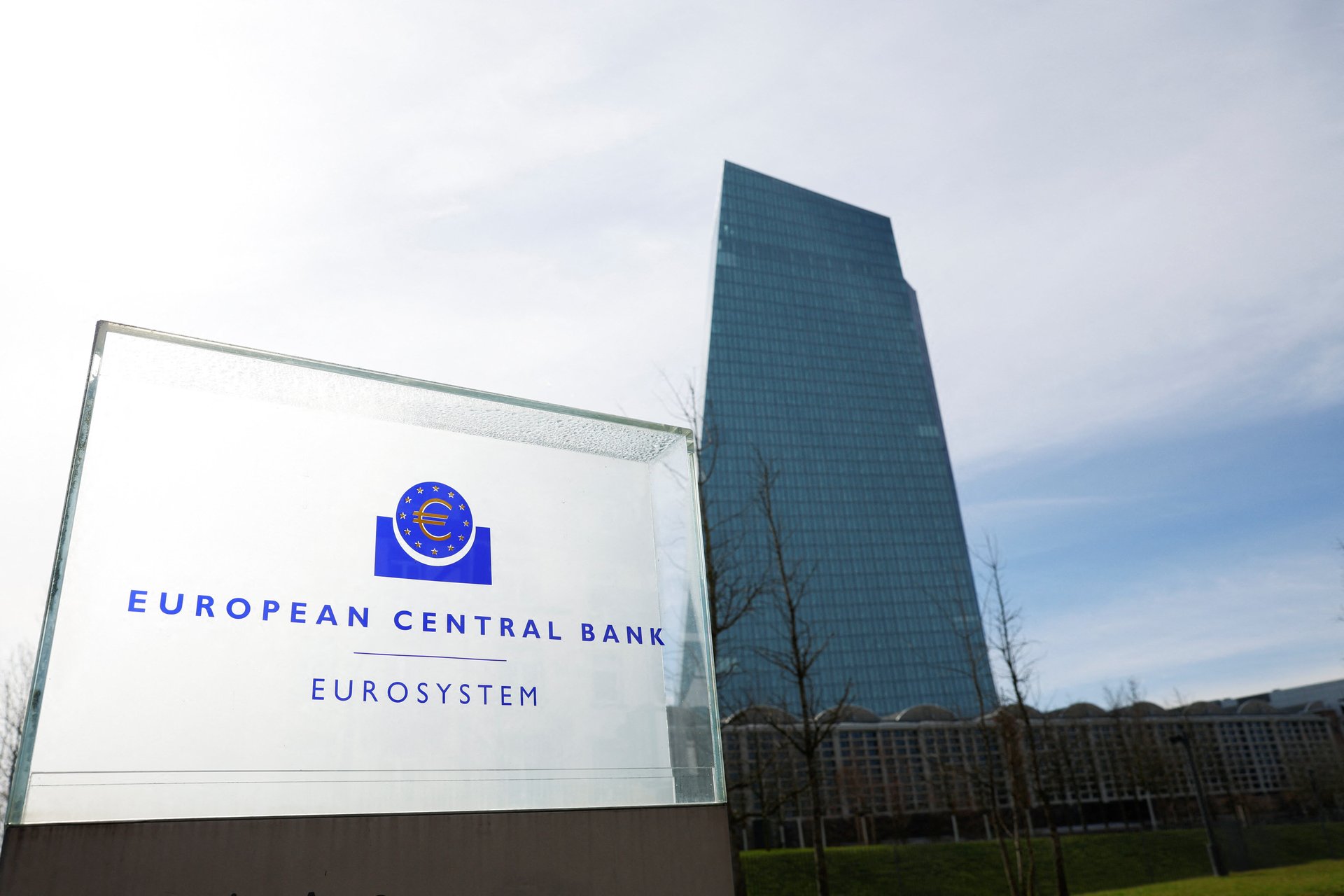Despite banking woes, the European Central Bank hikes interest rates by half a percentage point
The ECB said that the central bank could provide liquidity to European banks if they need it.

The European Central Bank raised interest rates by half a percentage point on Thursday. The hike comes after shares of Credit Suisse, one of Europe’s largest banks with nearly $600 billion in assets, hit all-time lows after its largest shareholder refused to invest more in the bank.
Suggested Reading
“The euro area banking sector is resilient, with strong capital and liquidity positions,” officials at the central bank wrote in their official satement. “In any case, the ECB’s policy toolkit is fully equipped to provide liquidity support to the euro area financial system if needed and to preserve the smooth transmission of monetary policy.”
Related Content
Late yesterday, the Switzerland’s central bank, the Swiss National Bank, said it would loan Credit Suisse up to $54 billion to to ensure the bank has enough cash on hand after its difficulties raising capital during a troubled restructuring process. Credit Suisse’s stock rallied on the news.
The ECB also revised down its inflation prediction for 2023. Instead of forecasting inflation increasing to 6.3% for the year, it now sees inflation at just 5.3%. This is still well above the bank’s 2% target, but the change is based on European energy prices coming in lower than previously expected.
Many economists expect the ECB’s American counterpart, the Federal Reserve Bank, to slow its pace of interest rate hikes after the closing of Silicon Valley Bank, Silvergate Bank, and Signature Bank last week. Higher interest rates are one factor that led to all three failures.
Goldman Sachs analysts even predicted this week that the Fed wouldn’t hike at all in March, a turnaround from its prior prediction of a 25 basis point hike.
